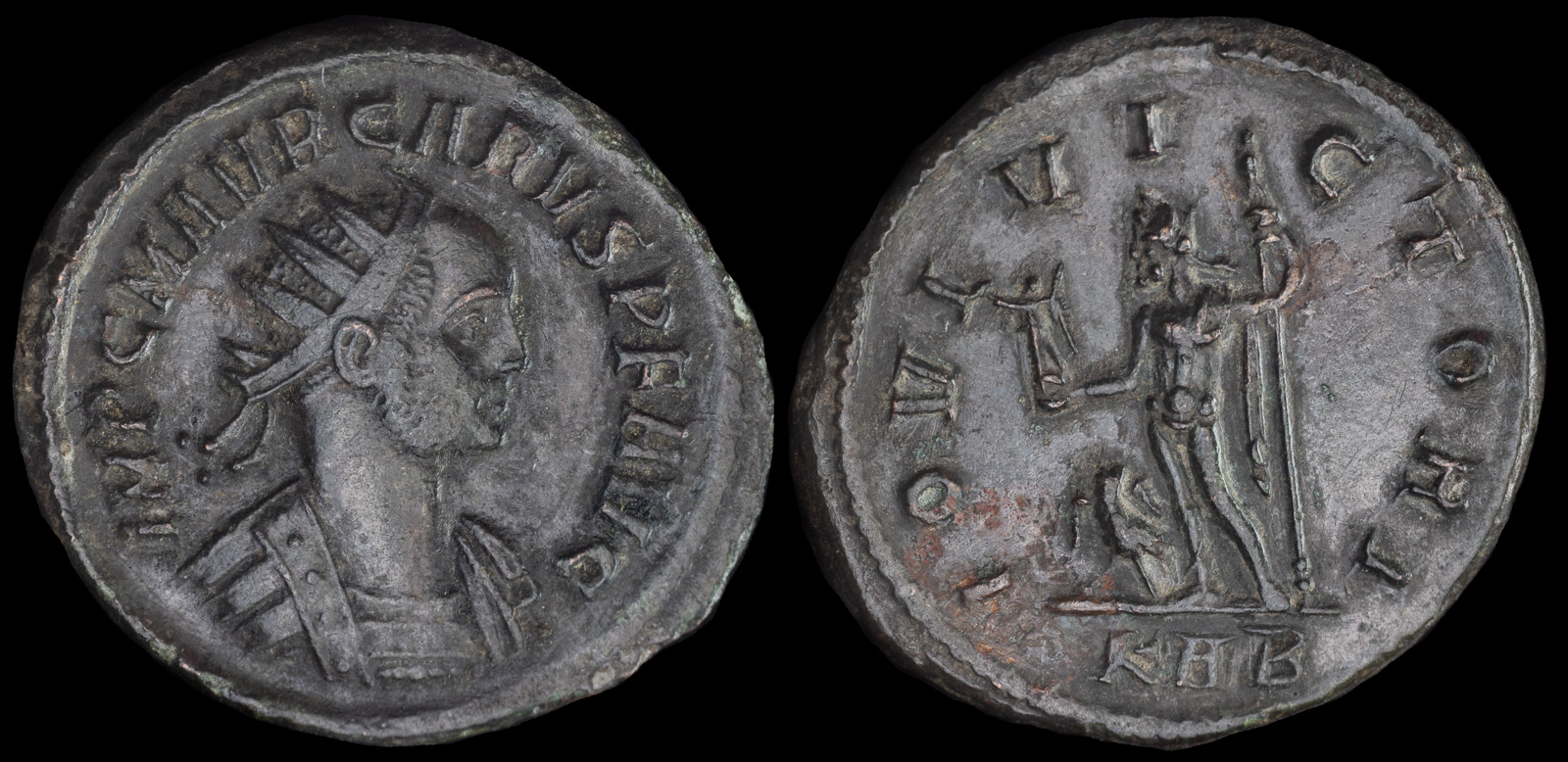Jupiter
View All Tags
In Roman mythology, Jupiter is the Roman equivalent of Zeus, but his characterization reflects the Roman ideals of governance, power, and duty. Like Zeus, Jupiter is the king of the gods, and he is associated with thunder, lightning, and the sky. However, while Zeus’s persona includes personal flaws and relationships with various mortals and gods, Jupiter’s character is more closely tied to the concept of statecraft and imperial power. As the guardian of Roman rule, Jupiter is often portrayed as the protector of the Roman state, overseeing its expansion and ensuring the prosperity of the empire. He is more a symbol of moral authority and divine justice that aligns with the values of Roman civic life, which emphasized the collective good over personal indulgences. This makes Jupiter appear as a more idealized figure of authority compared to Zeus, whose personal failings are a prominent feature of his character.
Another key difference is that Zeus is a deeply personal god, involved in the lives of mortals, engaging in both benevolent and vengeful actions, often intervening in their affairs. His interactions with other gods and mortals demonstrate a complex balance between justice, power, and passion. In contrast, Jupiter’s role was more institutionalized in Roman religion, reflecting the Roman state’s emphasis on the relationship between divine will and political power. Jupiter was central to various state rituals and was considered the protector of the Roman Republic and later the Roman Empire. His influence was seen as directly tied to the success of Rome itself, emphasizing imperial stability, military strength, and the ideals of law and governance.

Carus 282-283 CE
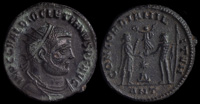
Diocletian 284-305 CE
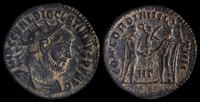
Diocletian 284-305 CE
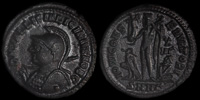
Licinius II 321-324 CE
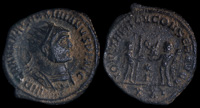
Maximianus 285-295 CE
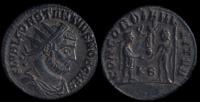
Maximianus Herculius 286-305 CE
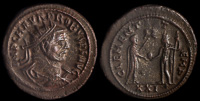
Probus 276-282 CE
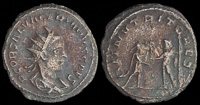
Saloninus 258-260 CE
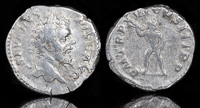
Septimius Severus 208 CE
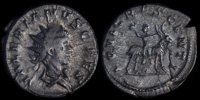
Valerian II 256-258 CE
